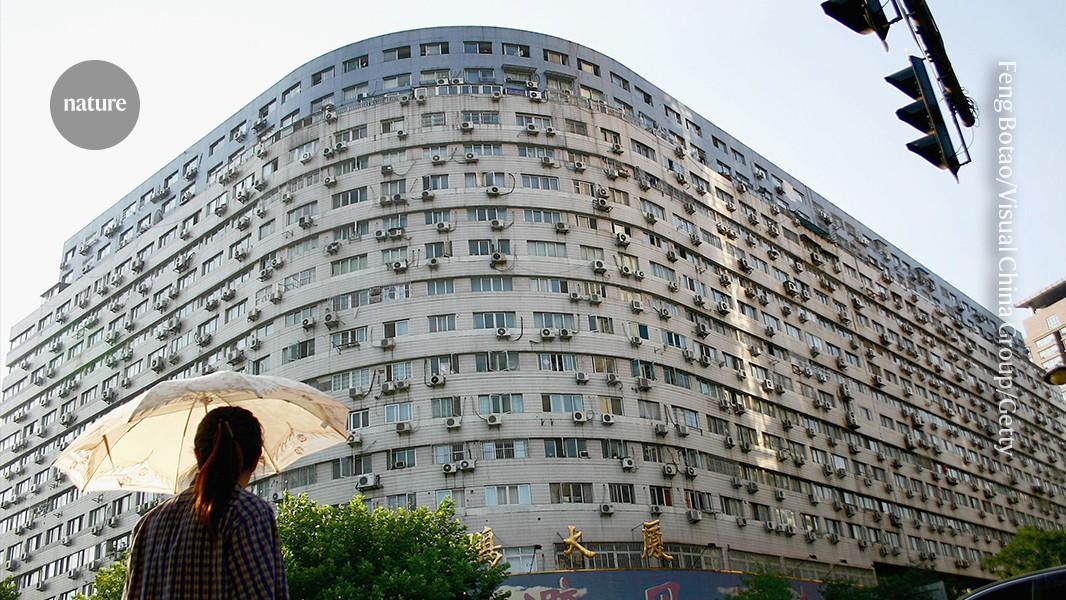可以保护城市免受酷热威胁的超酷技术。
IF 50.5
1区 综合性期刊
Q1 MULTIDISCIPLINARY SCIENCES
引用次数: 0
摘要
从能将热量送入太空的超冷材料到能选择性抵御热量的变形材料,科学家们正在寻找降低城市温度的新策略。从将热量送入太空的超冷材料,到可以选择性抵御热量的变形材料,科学家们正在寻找降低城市温度的新策略。本文章由计算机程序翻译,如有差异,请以英文原文为准。

The cool technologies that could protect cities from dangerous heat
From supercool materials that send heat into space to shape-shifting materials that can selectively fend it off, scientists are finding new strategies to reduce urban temperatures. From supercool materials that send heat into space to shape-shifting materials that can selectively fend it off, scientists are finding new strategies to reduce urban temperatures.
求助全文
通过发布文献求助,成功后即可免费获取论文全文。
去求助
来源期刊

Nature
综合性期刊-综合性期刊
CiteScore
90.00
自引率
1.20%
发文量
3652
审稿时长
3 months
期刊介绍:
Nature is a prestigious international journal that publishes peer-reviewed research in various scientific and technological fields. The selection of articles is based on criteria such as originality, importance, interdisciplinary relevance, timeliness, accessibility, elegance, and surprising conclusions. In addition to showcasing significant scientific advances, Nature delivers rapid, authoritative, insightful news, and interpretation of current and upcoming trends impacting science, scientists, and the broader public. The journal serves a dual purpose: firstly, to promptly share noteworthy scientific advances and foster discussions among scientists, and secondly, to ensure the swift dissemination of scientific results globally, emphasizing their significance for knowledge, culture, and daily life.
 求助内容:
求助内容: 应助结果提醒方式:
应助结果提醒方式:


